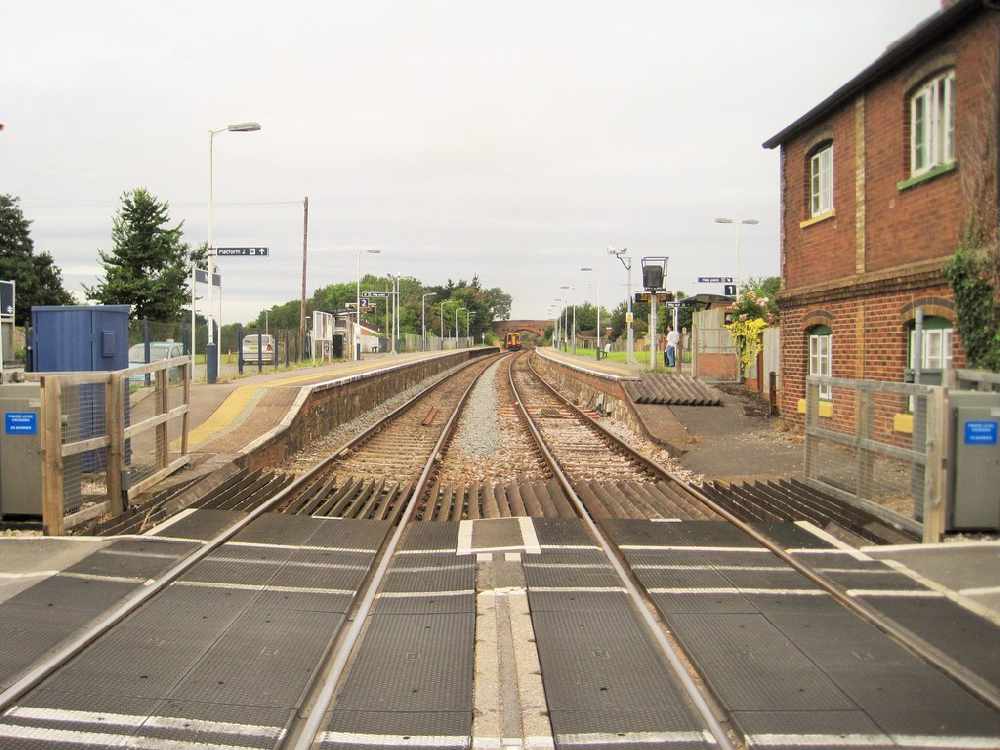
Drive there to be more sustainable
A new car park at Pinhoe railway station with new bicycle lockers that aim to promote more sustainable transport into Exeter has been proposed.
The currently vacant site to the east of the existing Pinhoe Railway Station is set to see 17 parking spaces and 15 bicycle lockers created, with the addition of a mini-bus bay will be used to provide a new peak time minibus connecting Pinhoe Station to the Enterprise Zone and Exeter Airport.
While there is already parking to the south of the rail line, it is considered inconvenient for any east-bound passengers who have to cross the rail tracks to access the platform, which high levels of on-street parking have been observed from commuters looking for spaces.
The plans, submitted this week to Devon County Council, aims to offer a convenient and safe off-road parking area to facilitate Pinhoe Railway Station, promoting public transport travelling, and will provide a much-needed interchange facility.
A planning statement with the scheme adds: “The development seeks to provide additional secure parking and bike storage areas for customers wishing to use the railway network. By providing a designated parking area for Pinhoe Station it will free roadside parking for residents together with promoting an attractive and more sustainable link for commuters.
“There is already parking to the south of the rail line providing parking for Pinhoe Surgery and the rail station. However, this is inconvenient for east-bound passengers, and particularly disabled passengers, who must cross the rail tracks via a level crossing to access the platform.
“This is particularly an issue when boarding, rather than alighting, the train as the level crossing can block pedestrian access to the station in advance of the train arriving.
“The development seeks to provide additional secure parking and bike storage areas for customers wishing to use the railway network, and by providing a designated parking area for Pinhoe Station it will free roadside parking for residents together with promoting an attractive and more sustainable link for commuters.
“It is envisaged that the mini-bus bay will be used to provide a new peak time minibus connecting Pinhoe Station to the Enterprise Zone and Exeter airport. The proposed minibus service is a pragmatic trial of a transport link connecting the railway to Exeter Airport. It will provide a new sustainable travel choice for 3,000 airport and airport business park staff, as well as the airport’s 930,000 annual passengers.
“Alongside this, a new e-bike dock at Exeter Airport will enable sustainable trips to Pinhoe station outside of the hours of minibus operation.
“The development will provide provision for future electric vehicle charge points at car parking spaces, comprising the necessary electric grid upgrades, ducting and cabling, and connection sockets and this will allow for electric vehicle charge points to be installed as part of a European Regional Development Fund (ERDF) part funded project to deliver electric vehicle charge points across Devon.
“This development will significantly enhance multimodal interchange at Pinhoe, increasing its attractiveness and role as a sustainable hub and will provide more sustainable travel options to employment, increasing the labour pool and access to skills, to support productivity.”
The proposed parking facility will offer a convenient and safe off-road parking area to facilitate Pinhoe Railway Station, promoting public transport travelling, the statement adds, saying: “On balance the scheme prioritises three of the top modes of transport of the Exeter Local Plan which are pedestrian, people with mobility problems and public transport in favour of car use.
“The site is well connected to the local cycling network, with Station Road designated as a quiet cycling route, and an off-road shared use walking and cycling route to the west.”
Initial plans would have seen a 66-space car park servicing Pinhoe Railway Station, but this has been scaled down after concerns that the proposal did not promote sustainable travel given the number of spaces servicing private car users. The number of car parking spaces proposed is now reduced to 17.
Devon County Council planners will determine the fate of the application at a later date.
 City lose at home again
City lose at home again
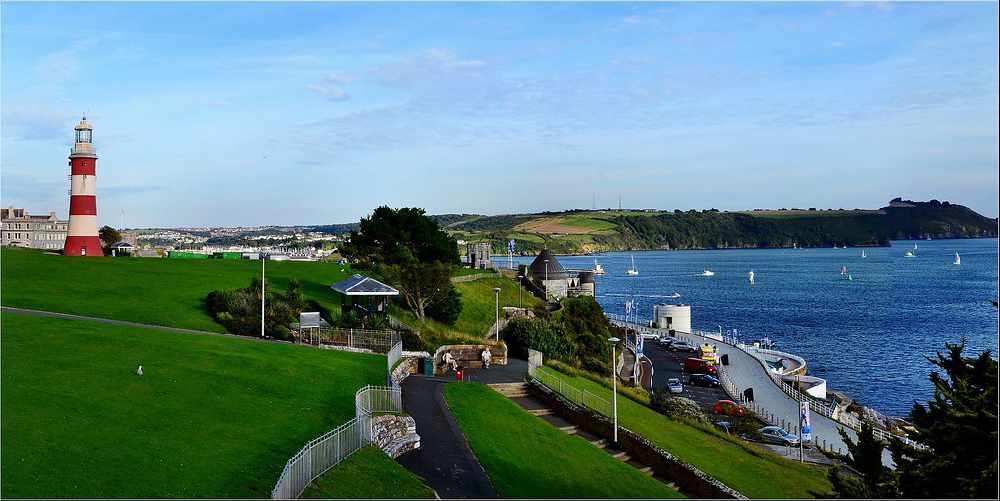 Calls for inclusion on Plymouth lord mayor role
Calls for inclusion on Plymouth lord mayor role
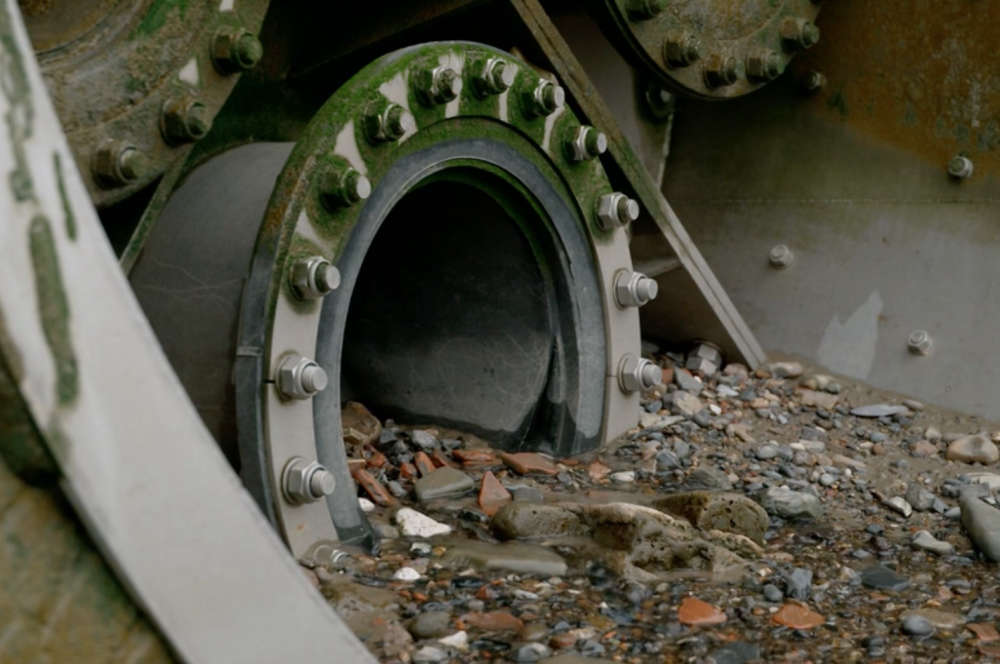 Upgrades to Plymouth storm overflows to take place
Upgrades to Plymouth storm overflows to take place
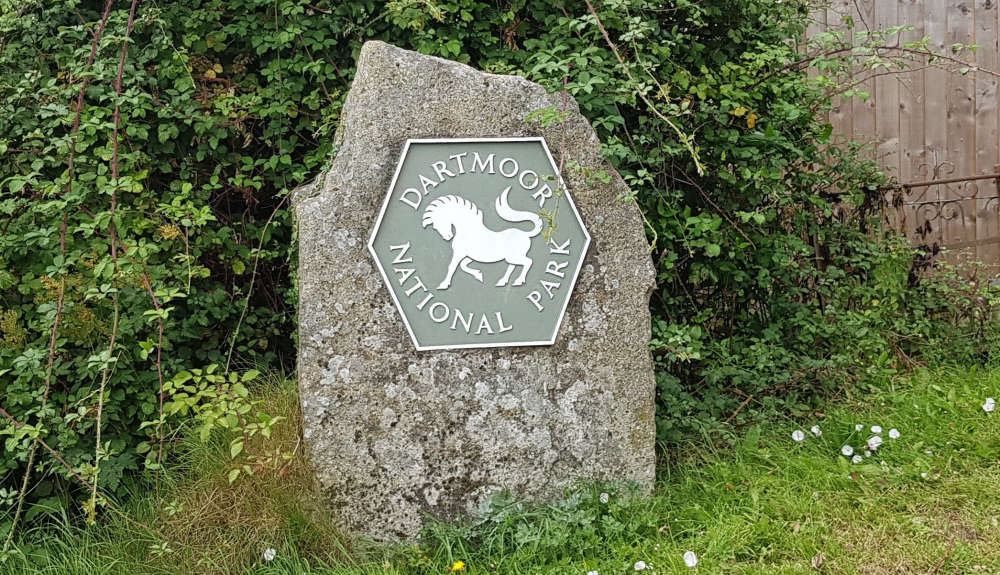 Dartmoor finances facing biggest cut for years
Dartmoor finances facing biggest cut for years
 Rare curlews and martens are leaving Dartmoor - for now
Rare curlews and martens are leaving Dartmoor - for now
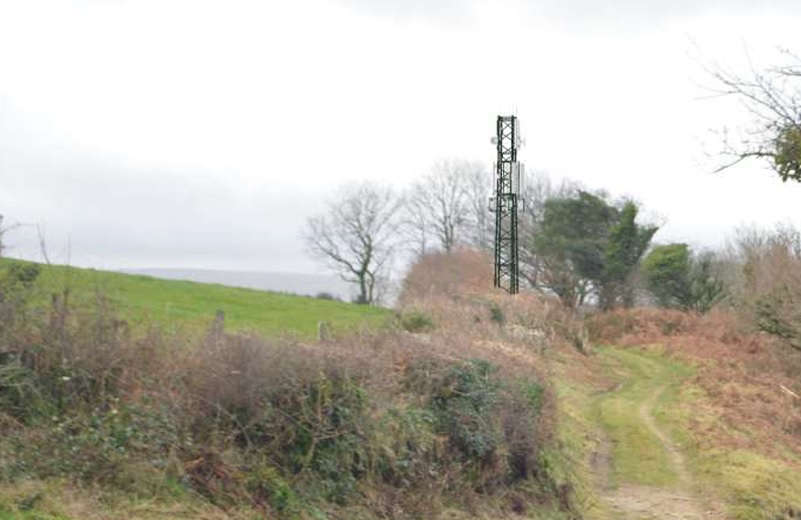 Dartmoor phone mast gets the go-ahead
Dartmoor phone mast gets the go-ahead
